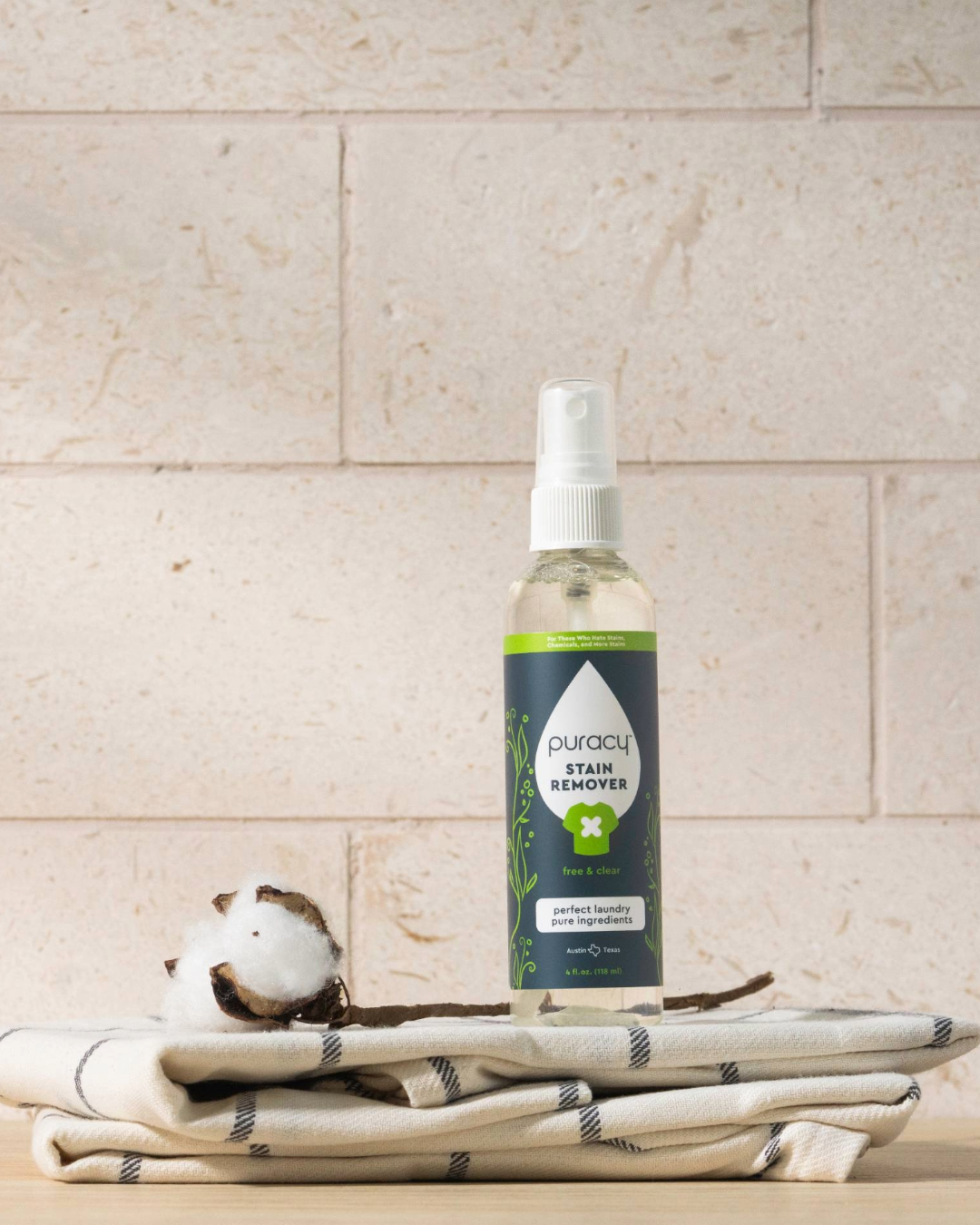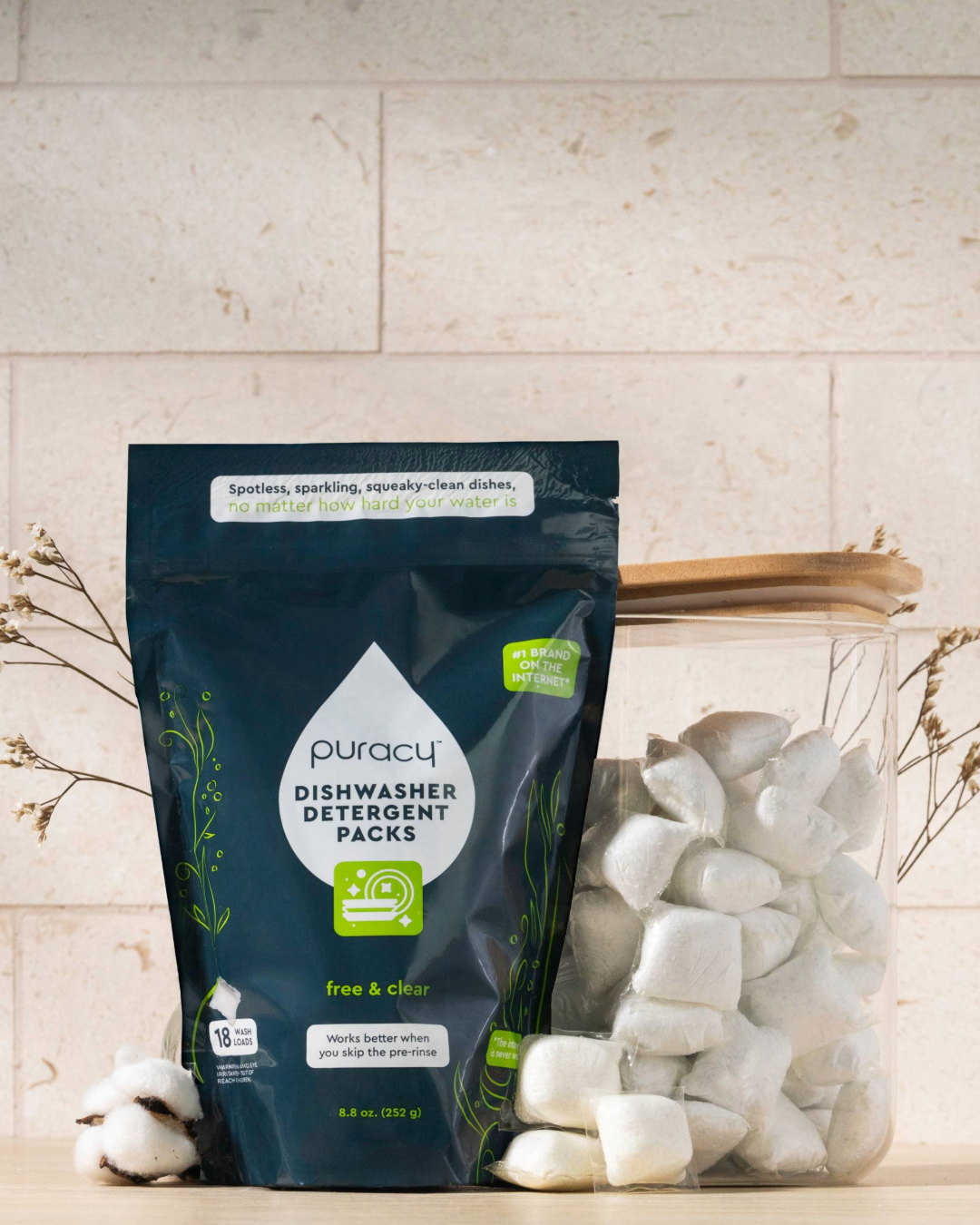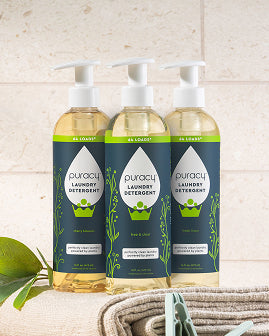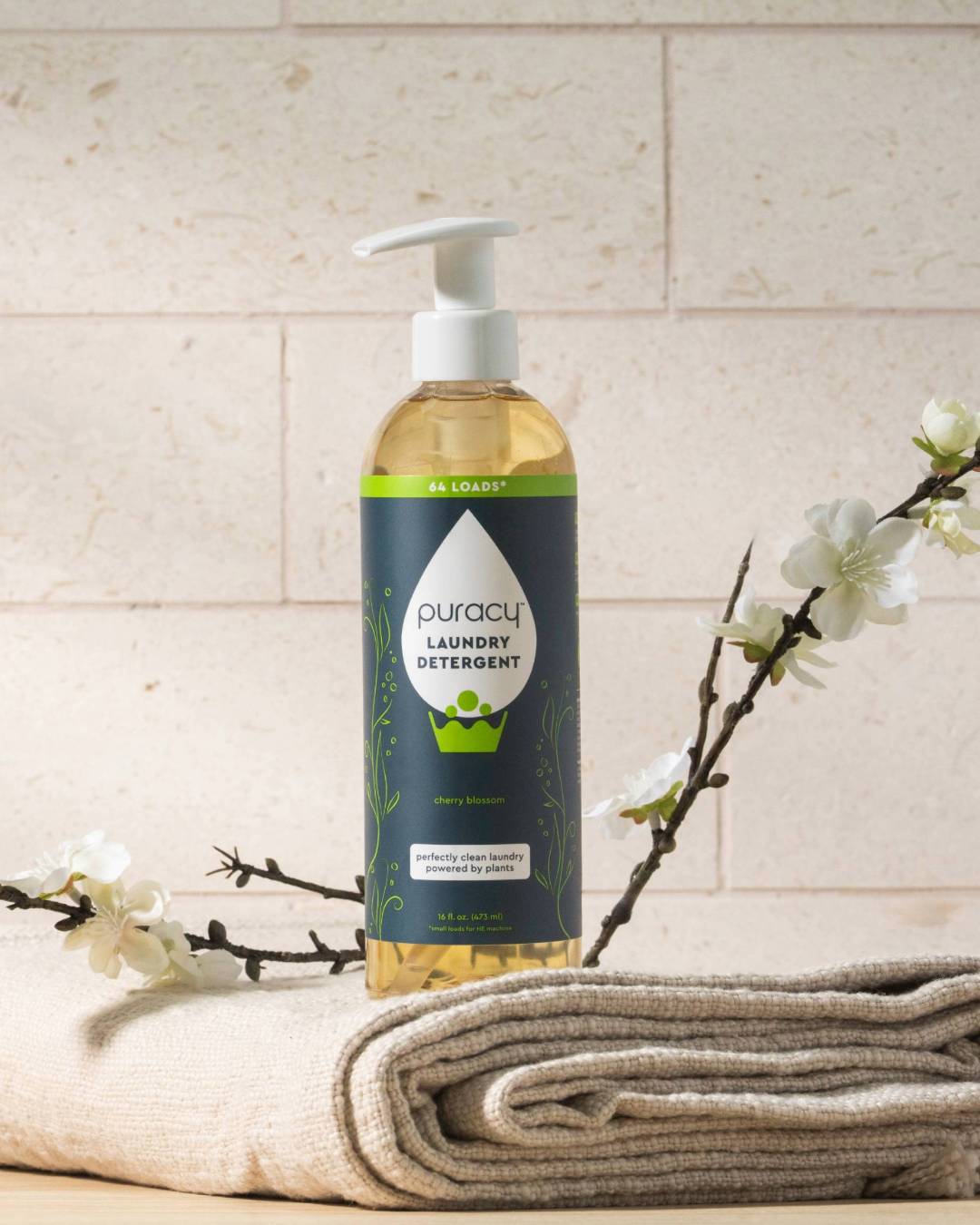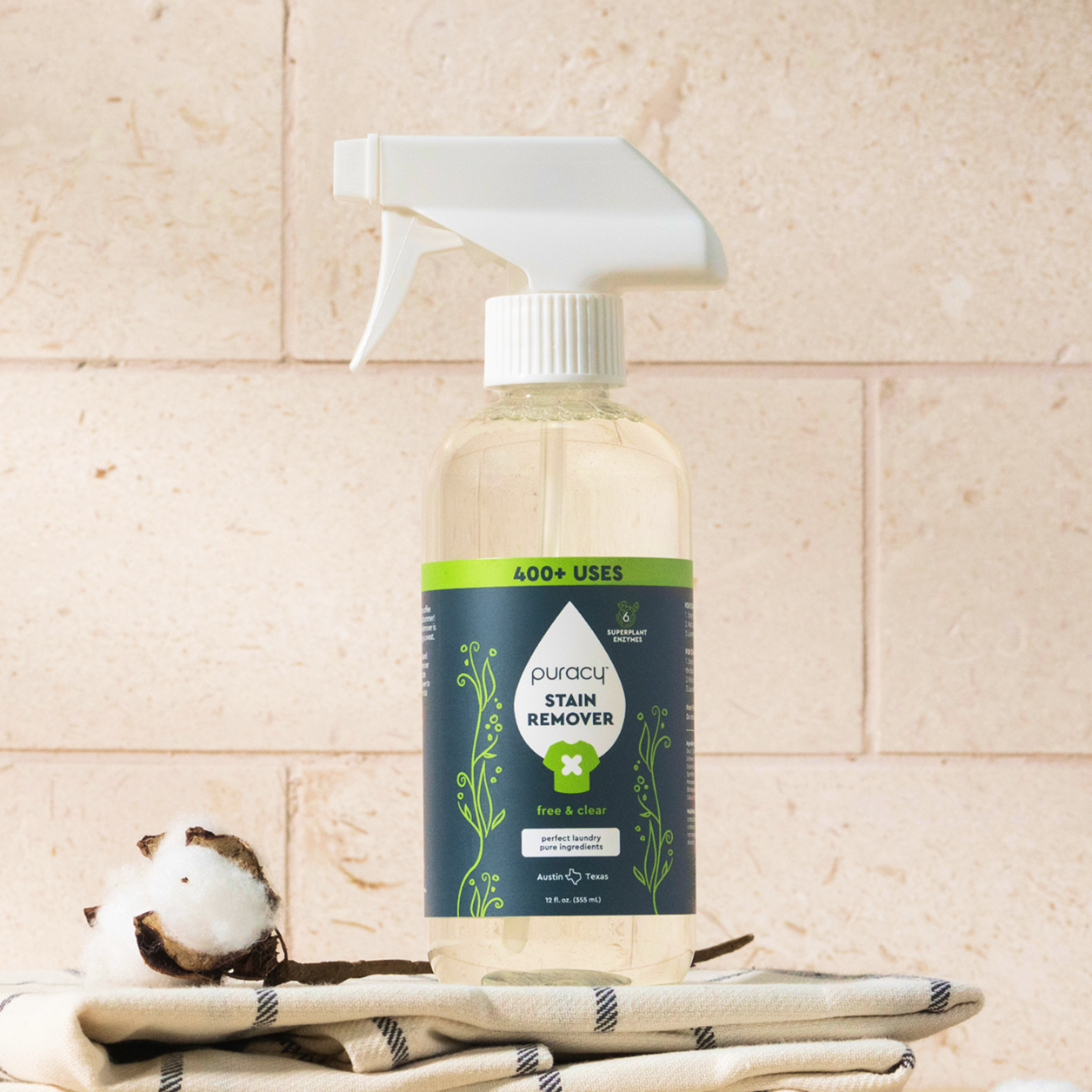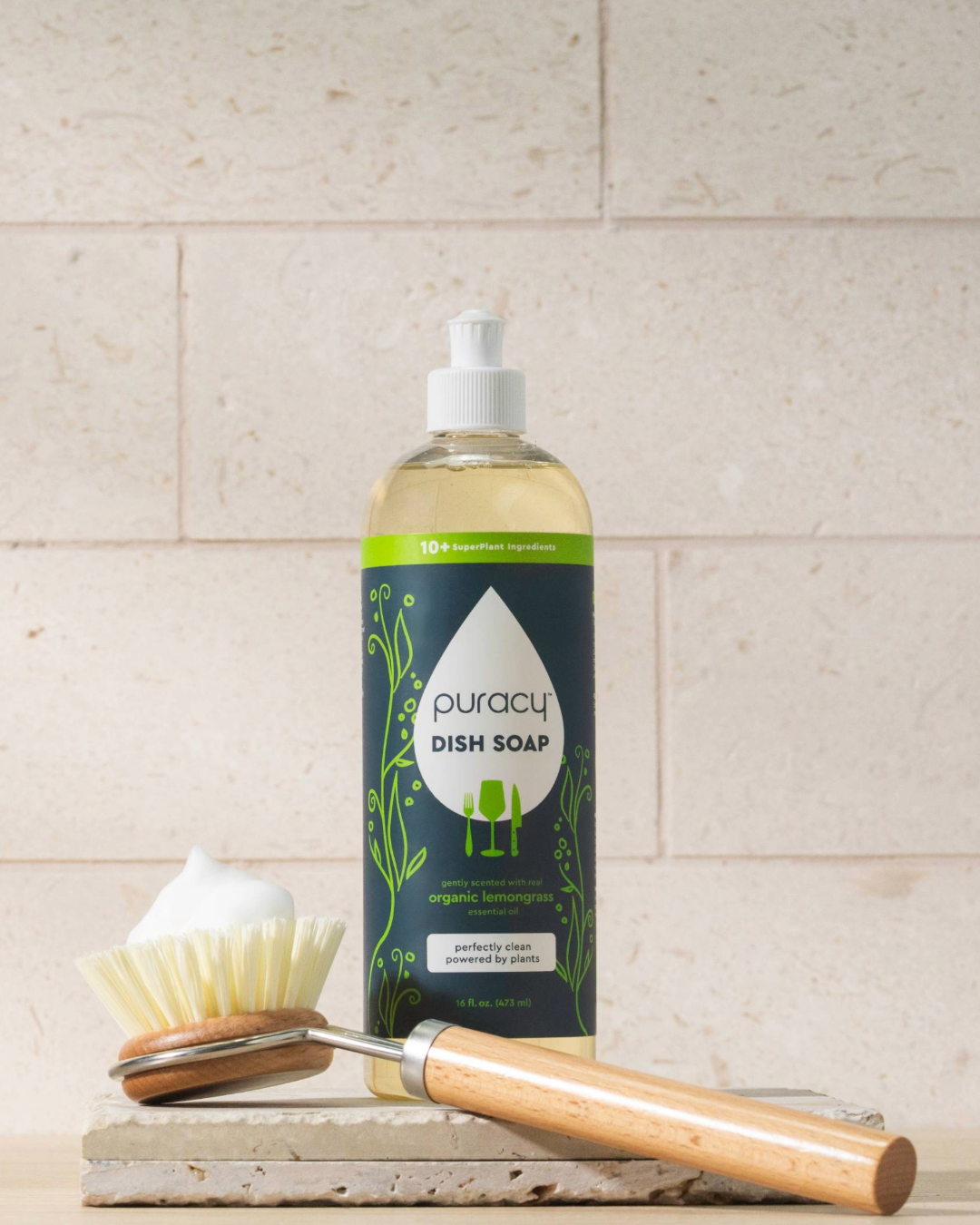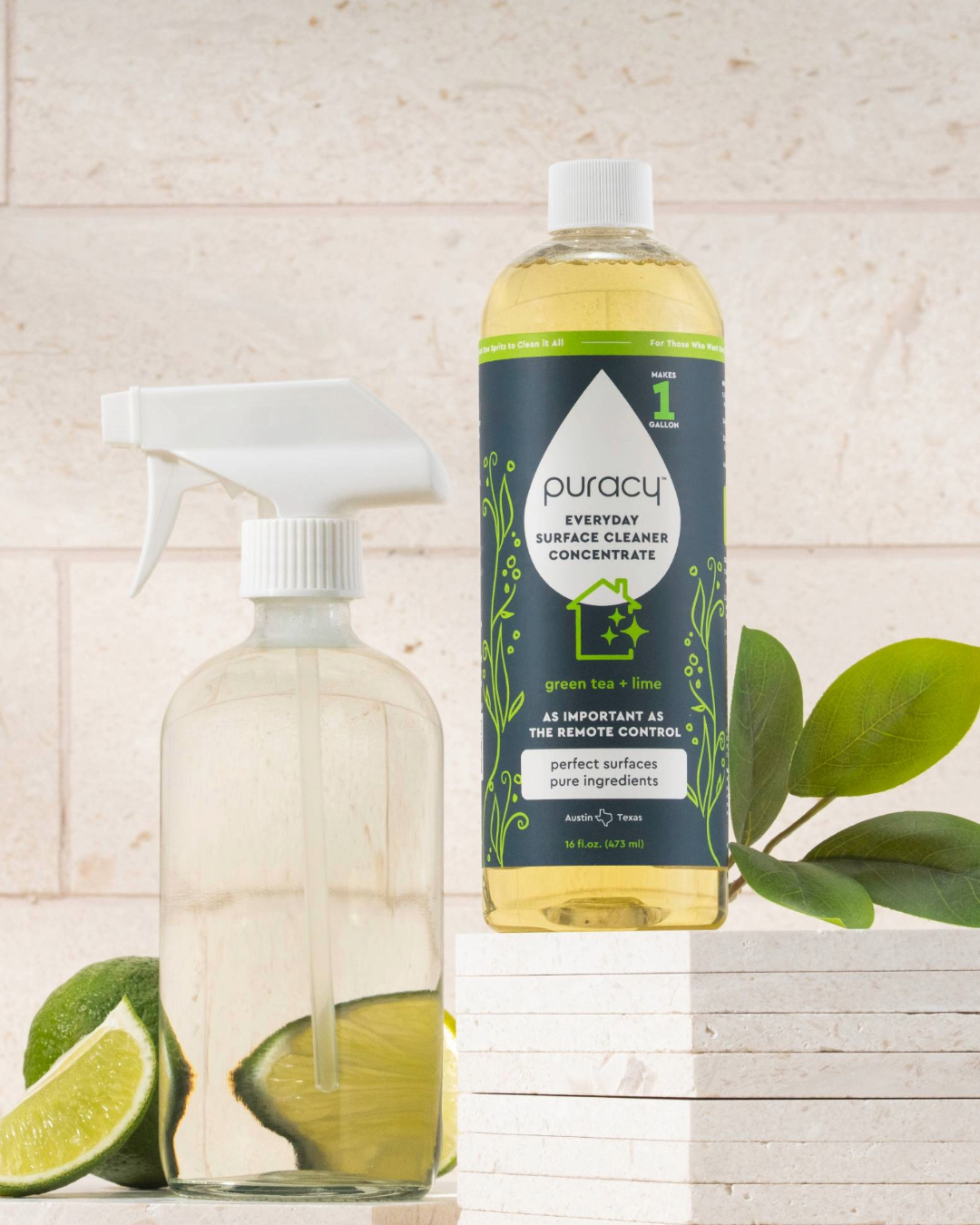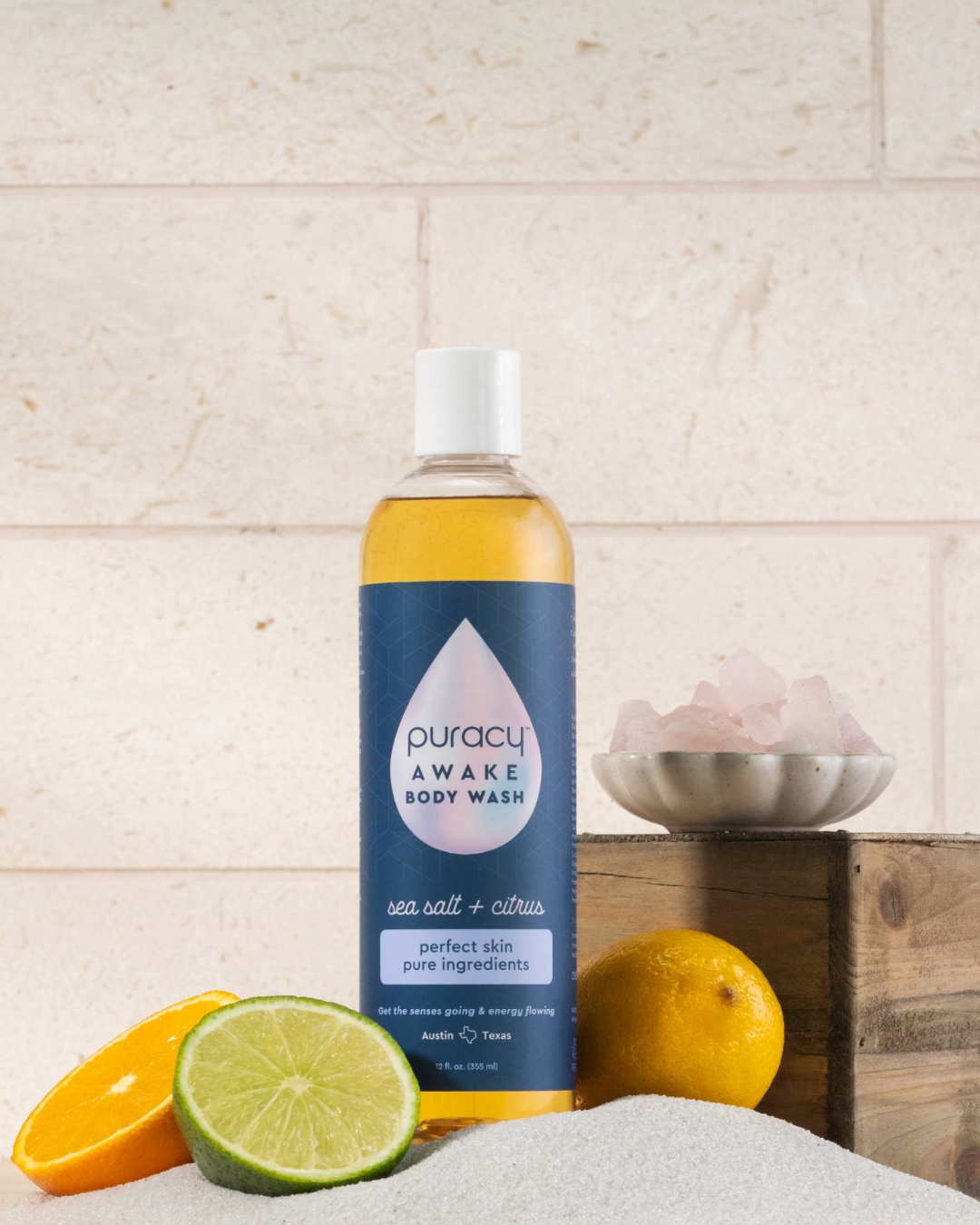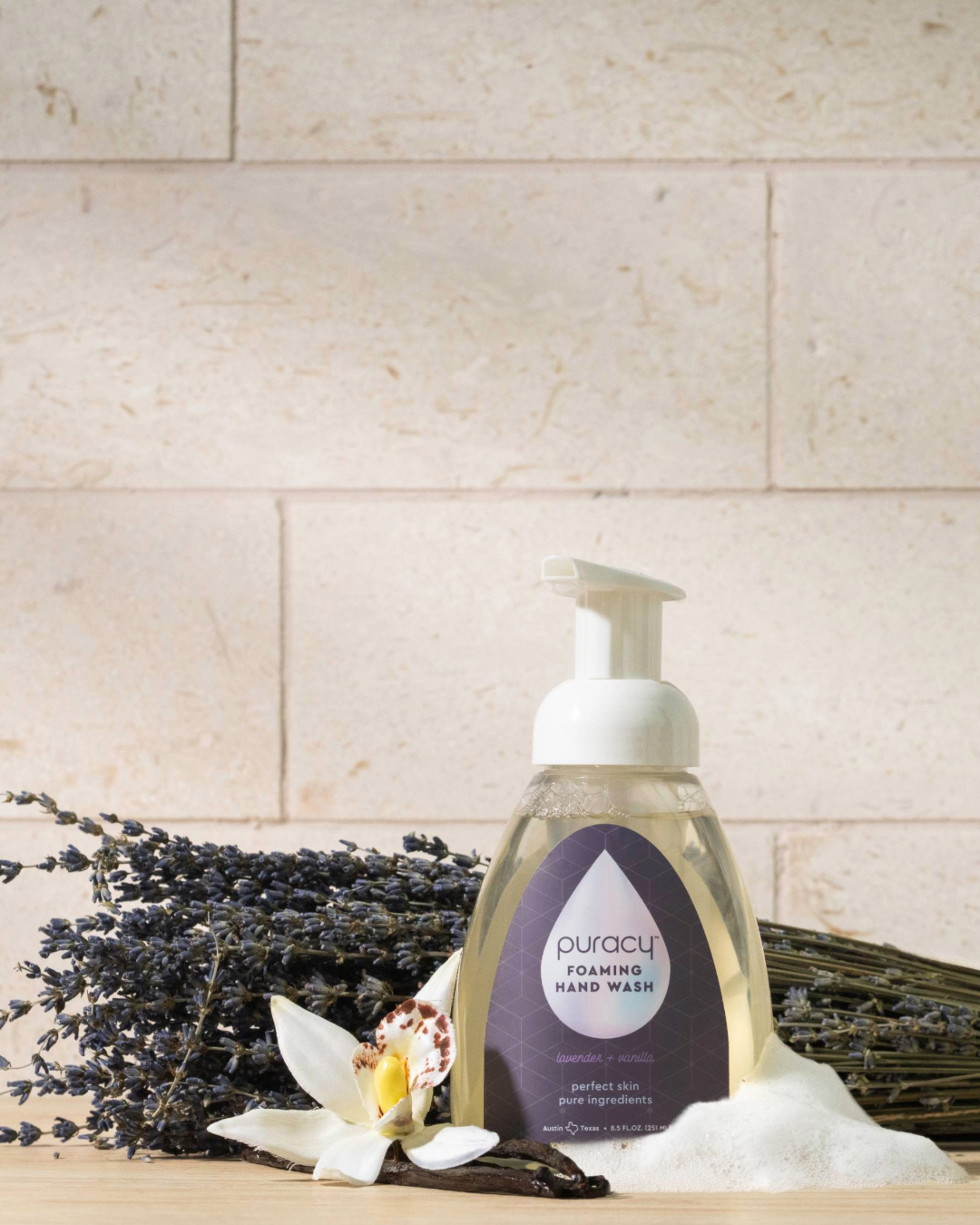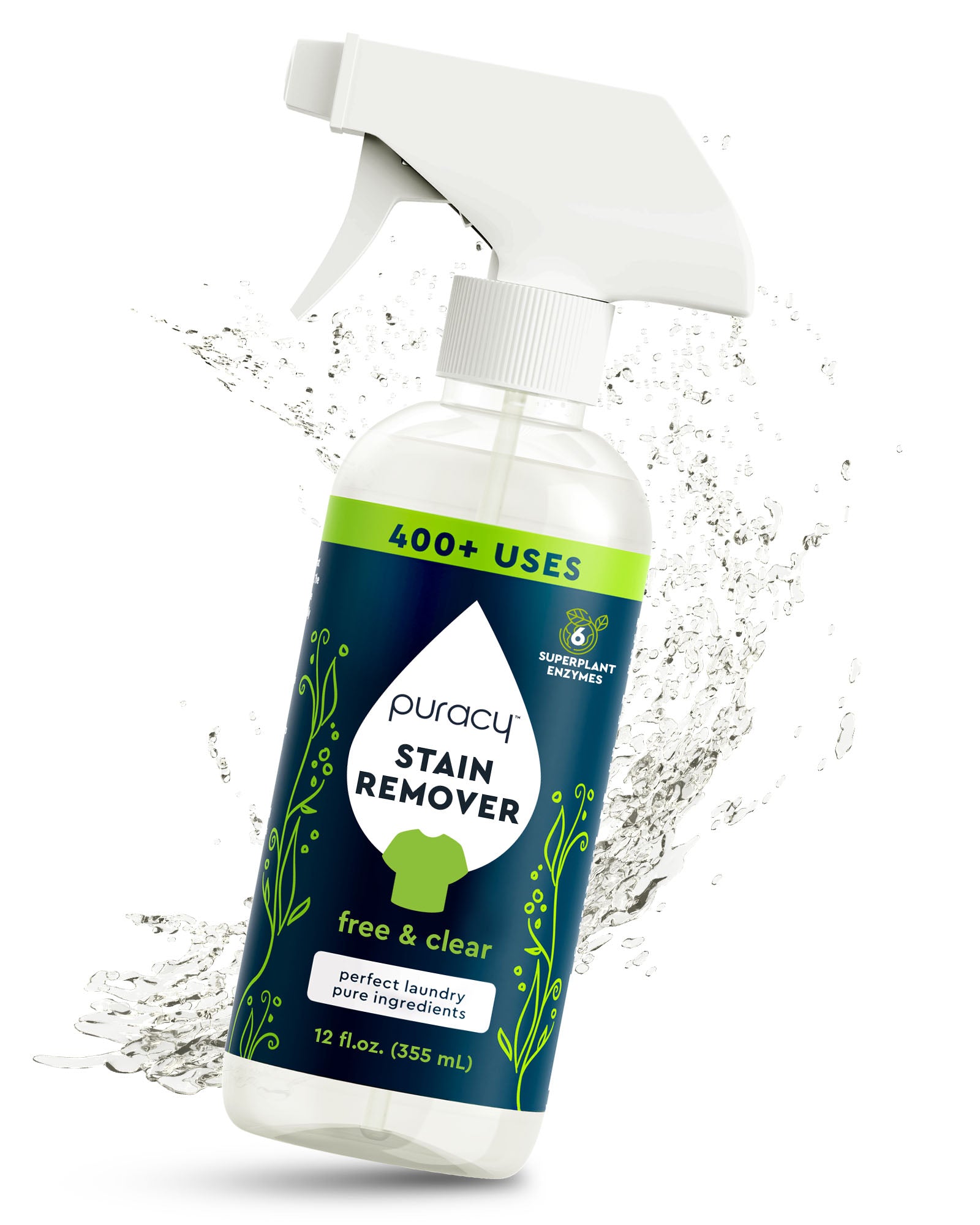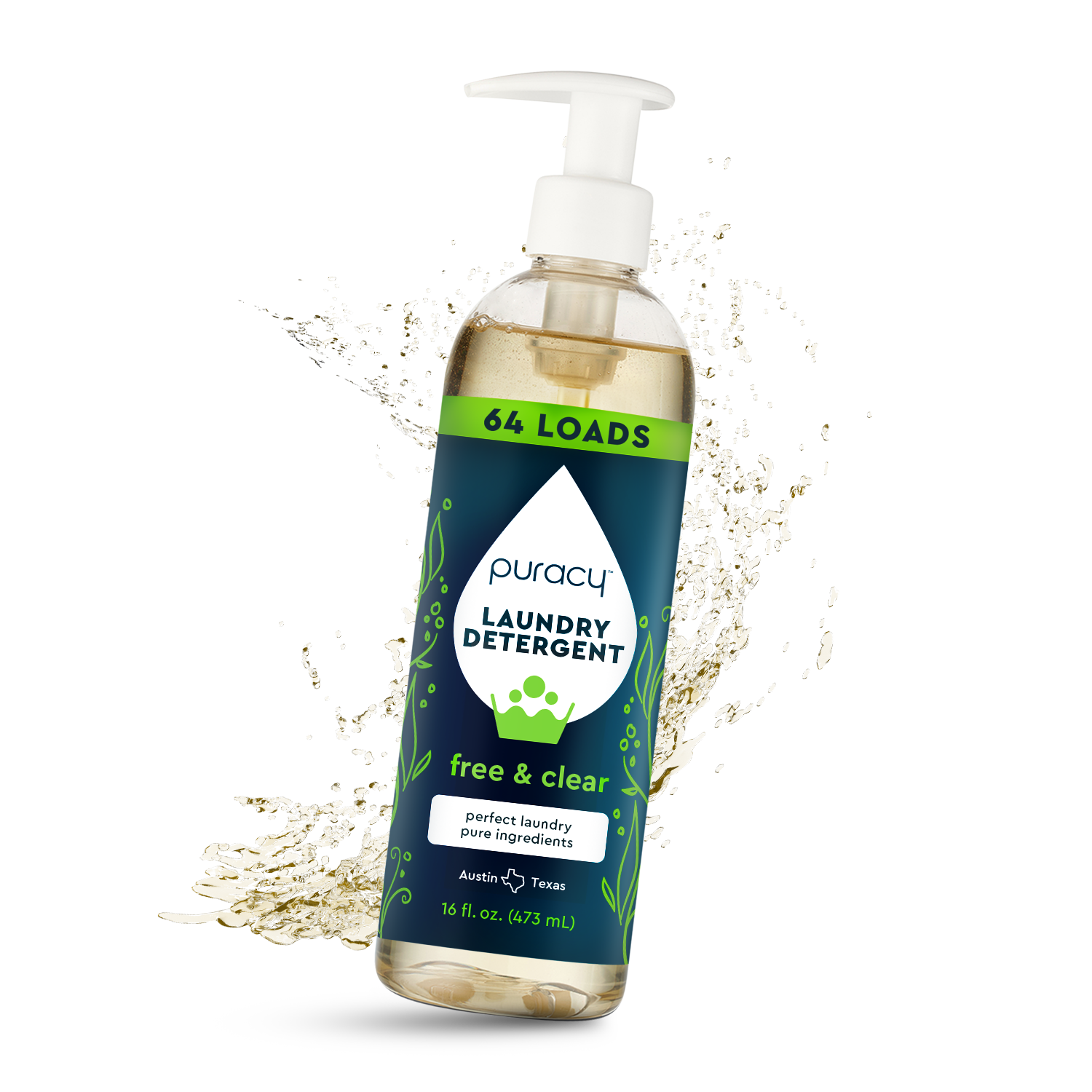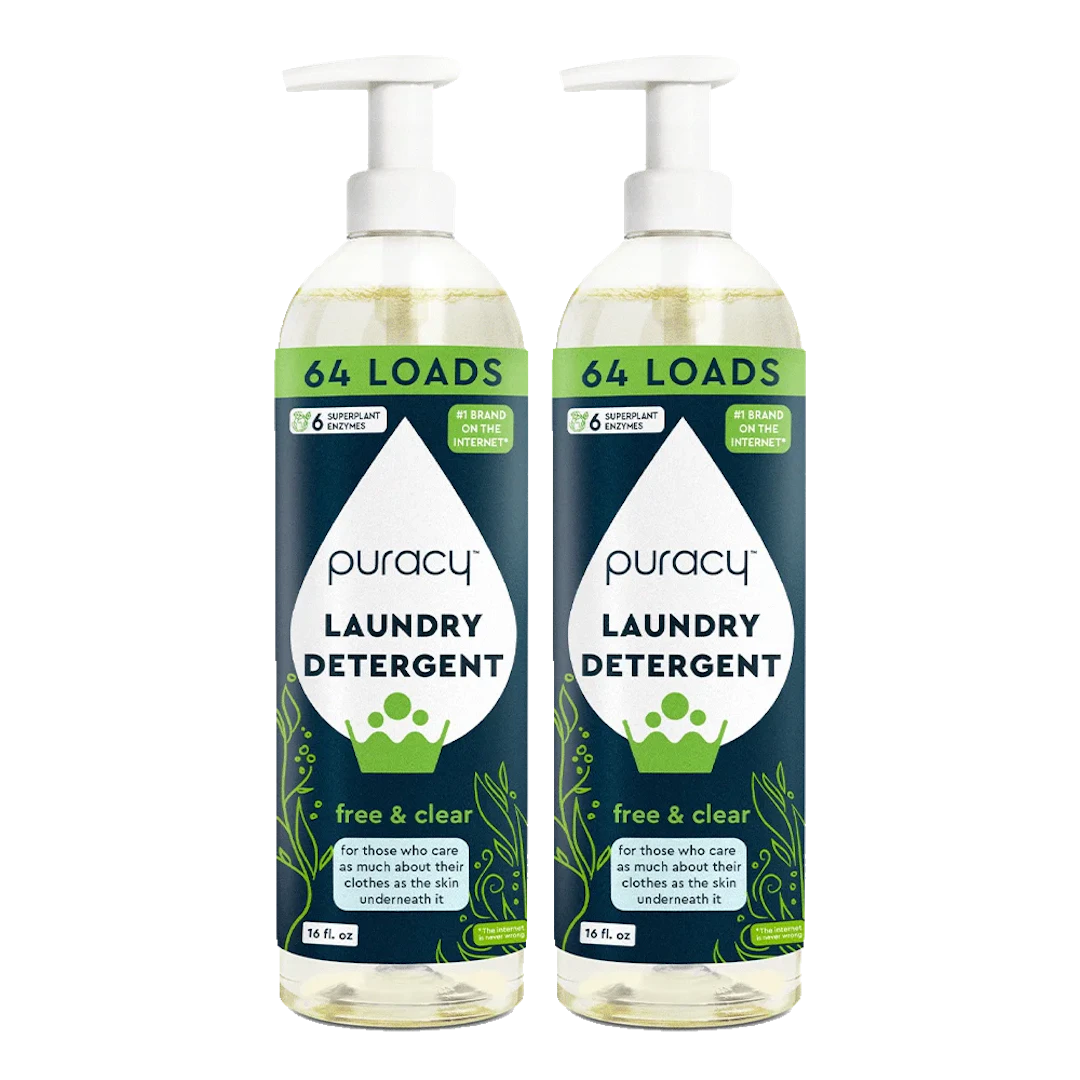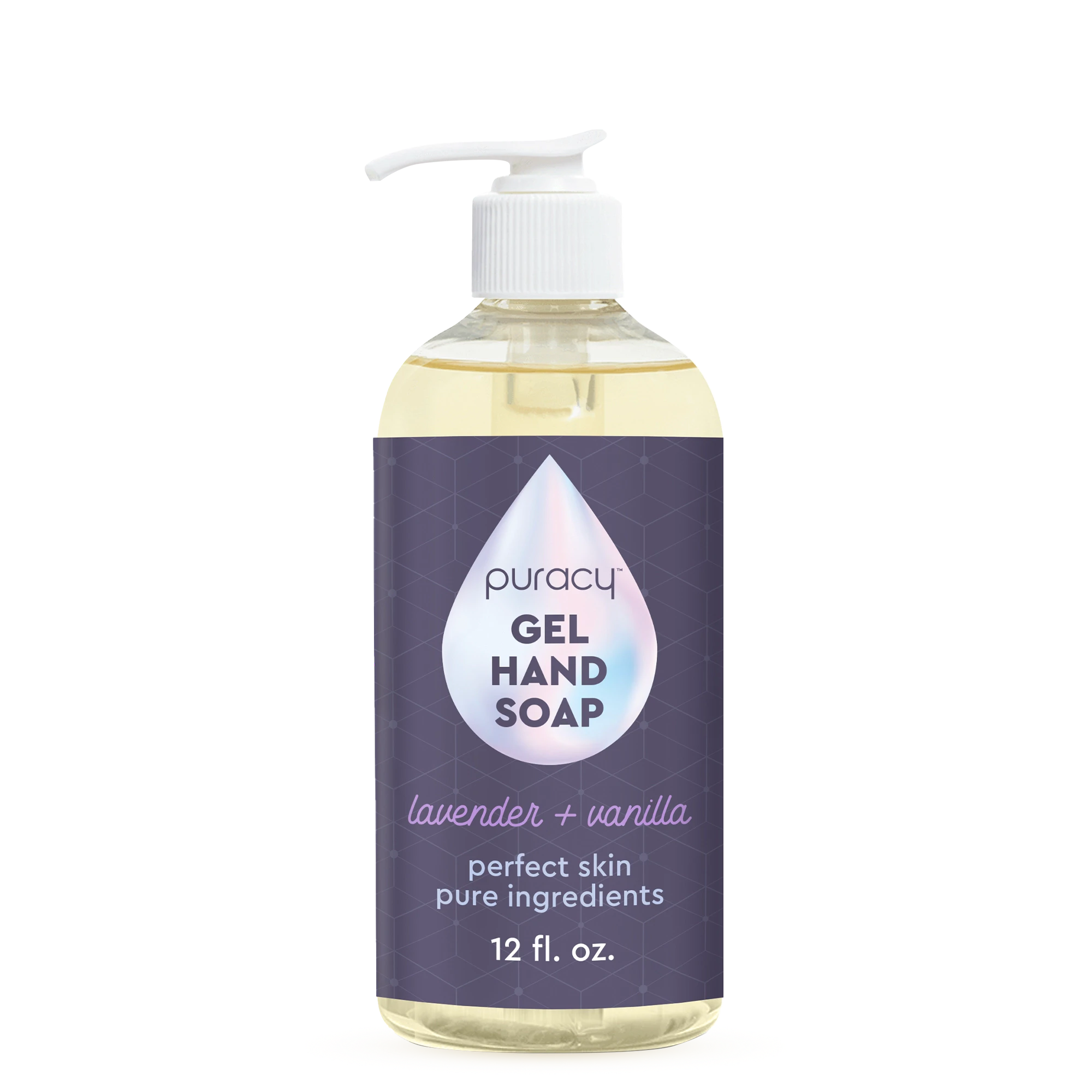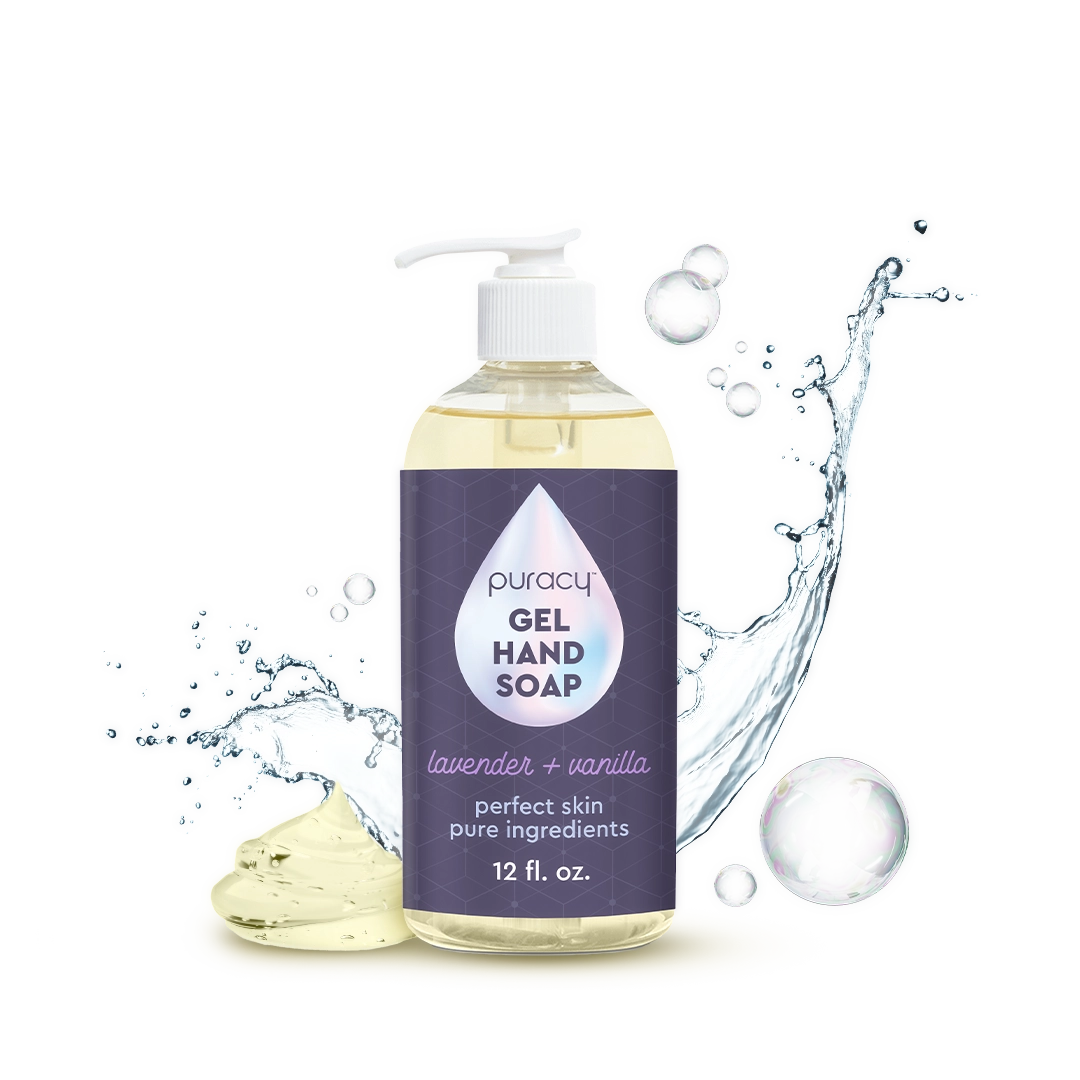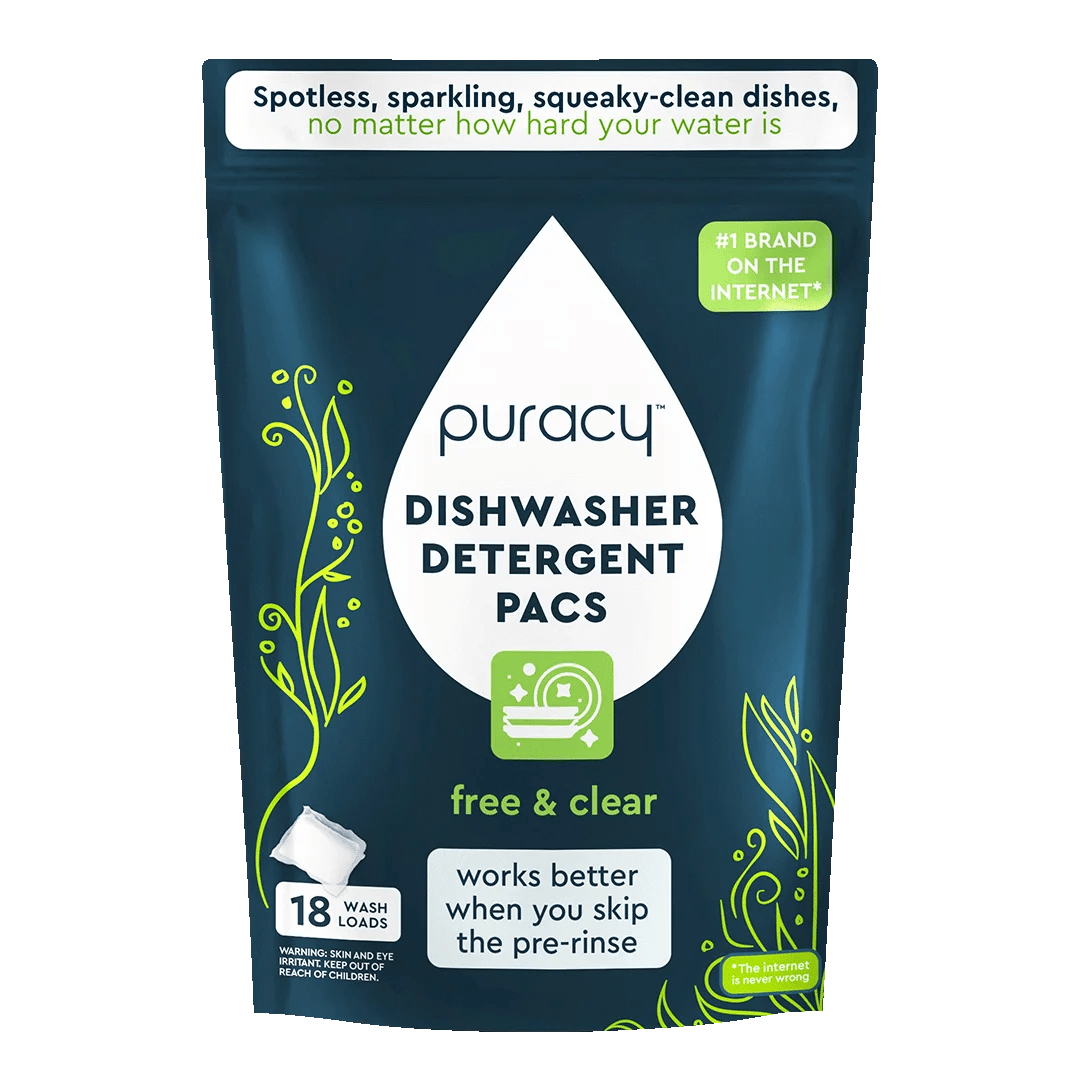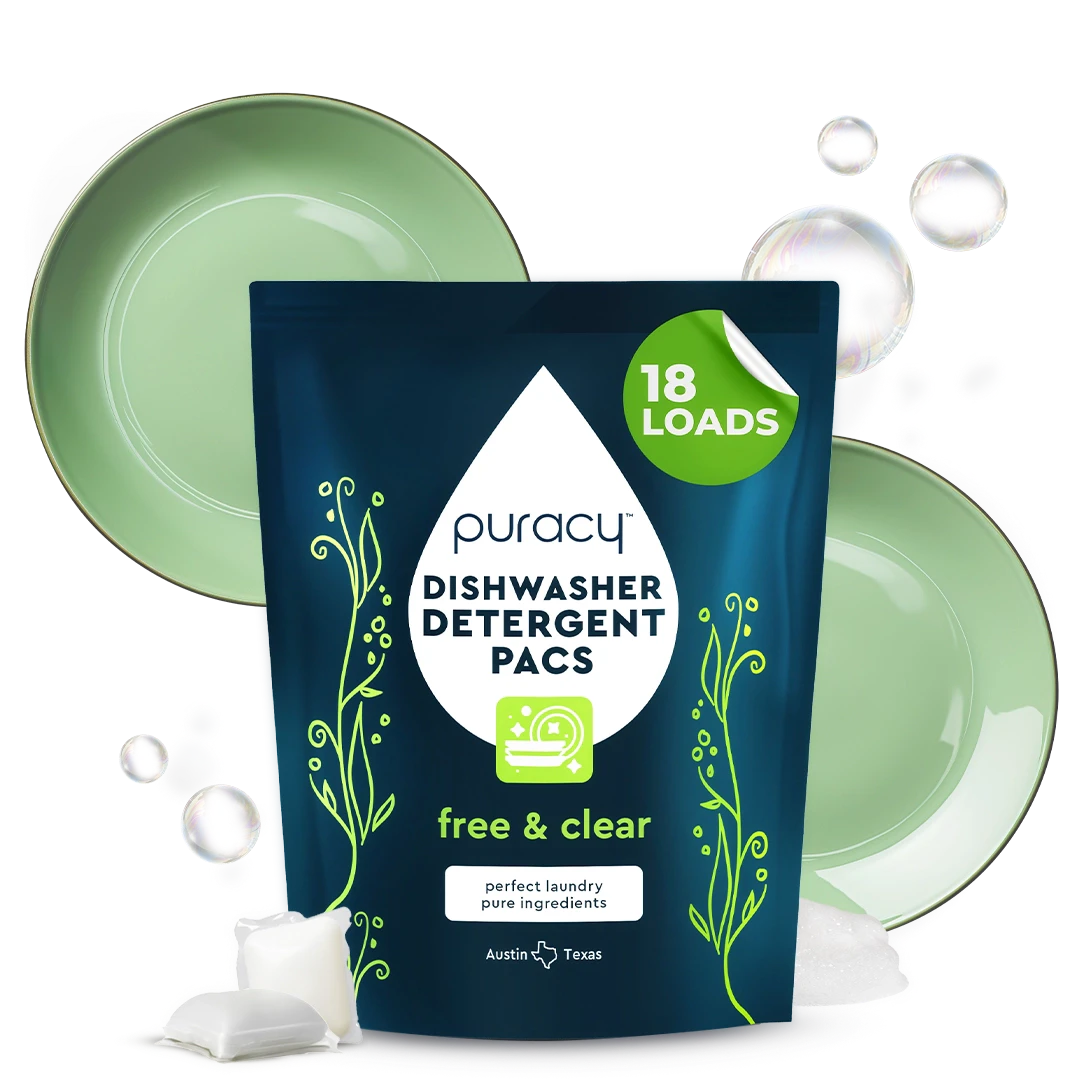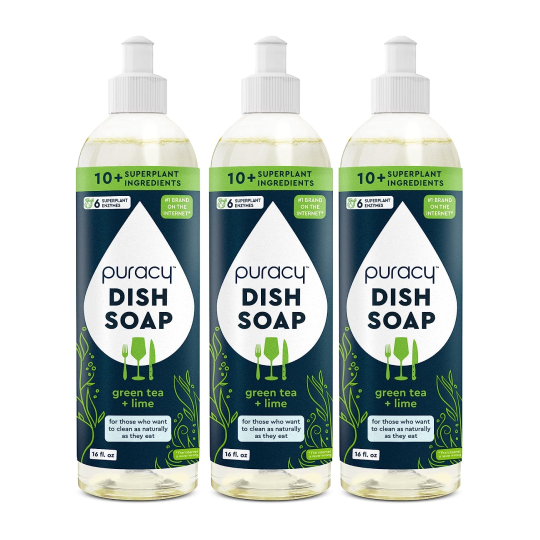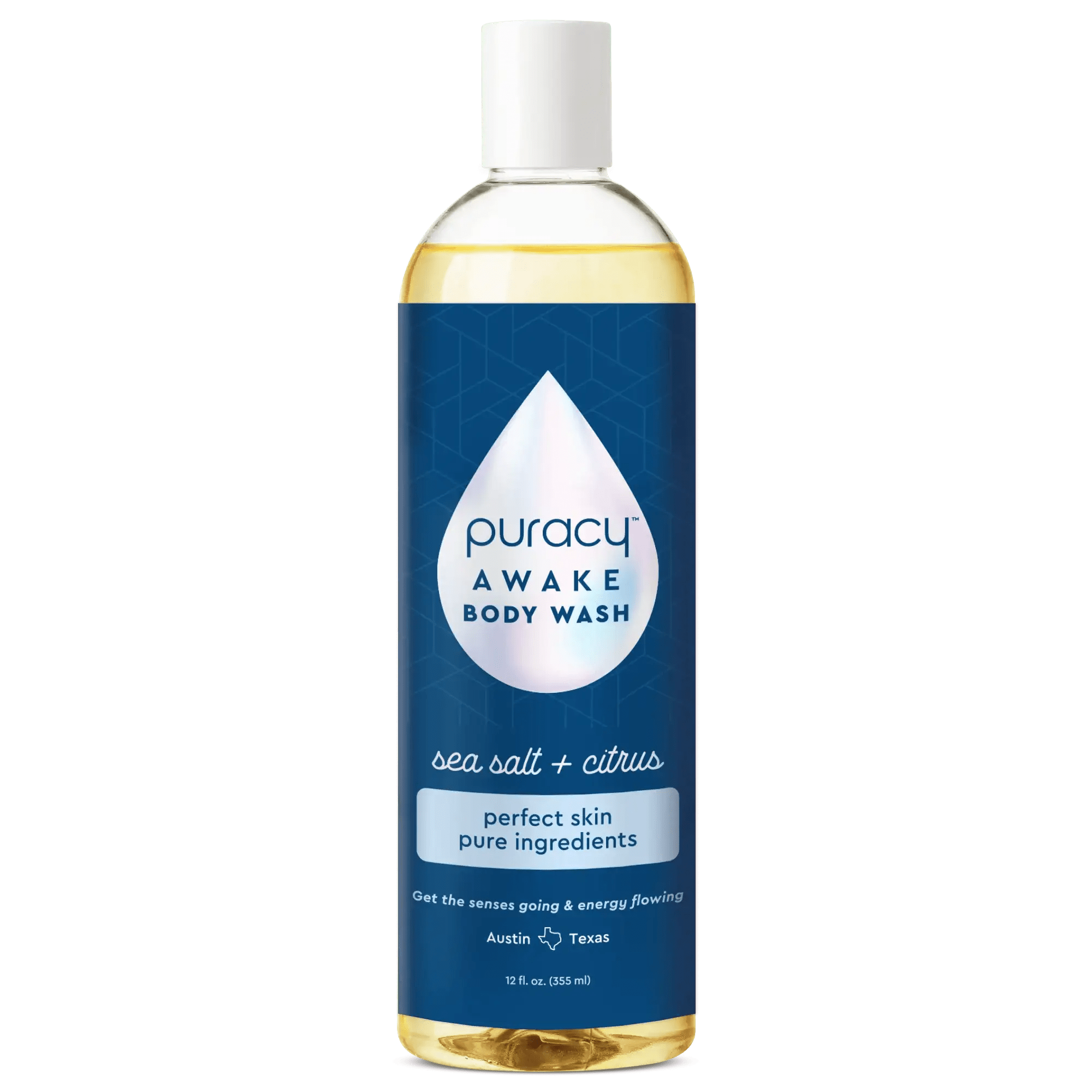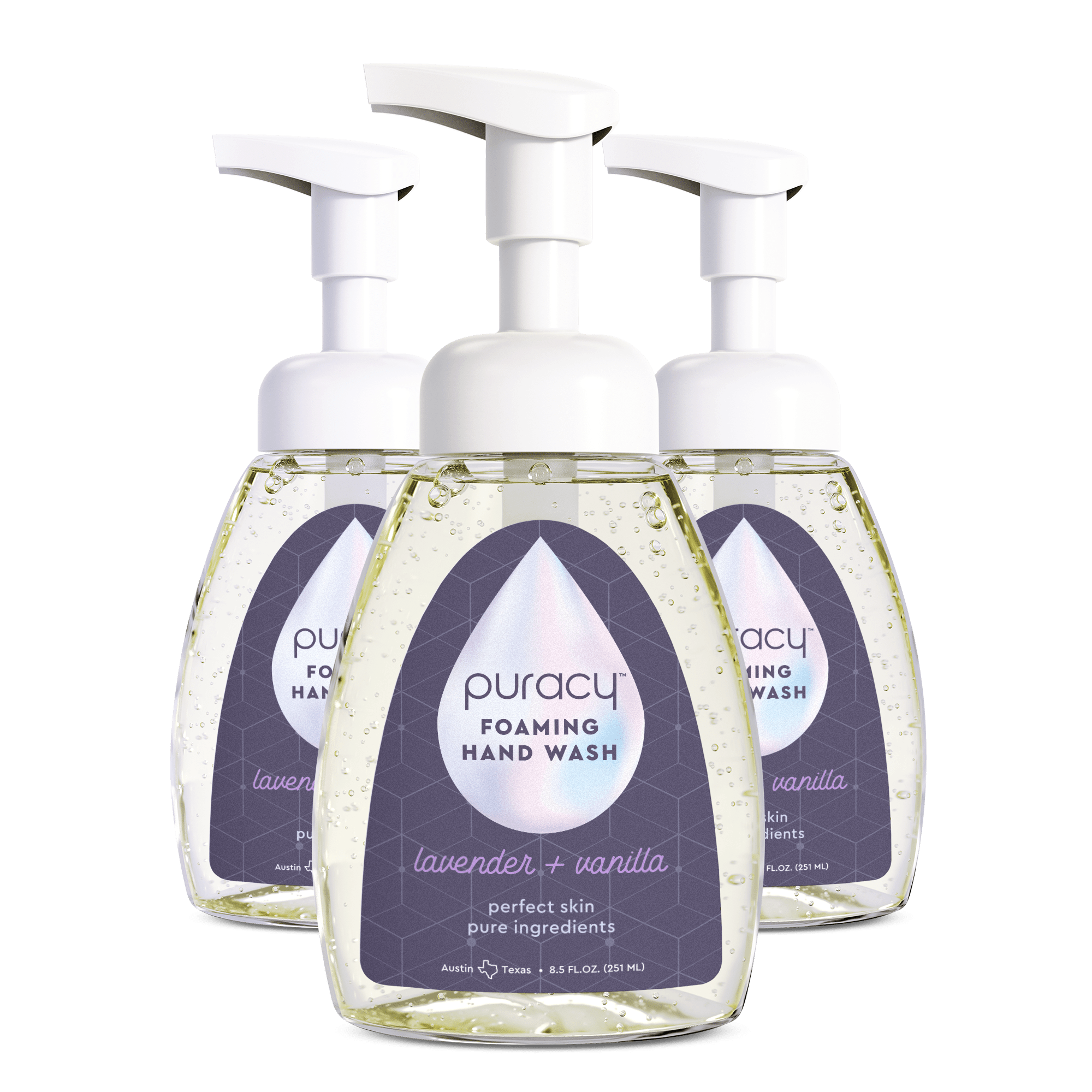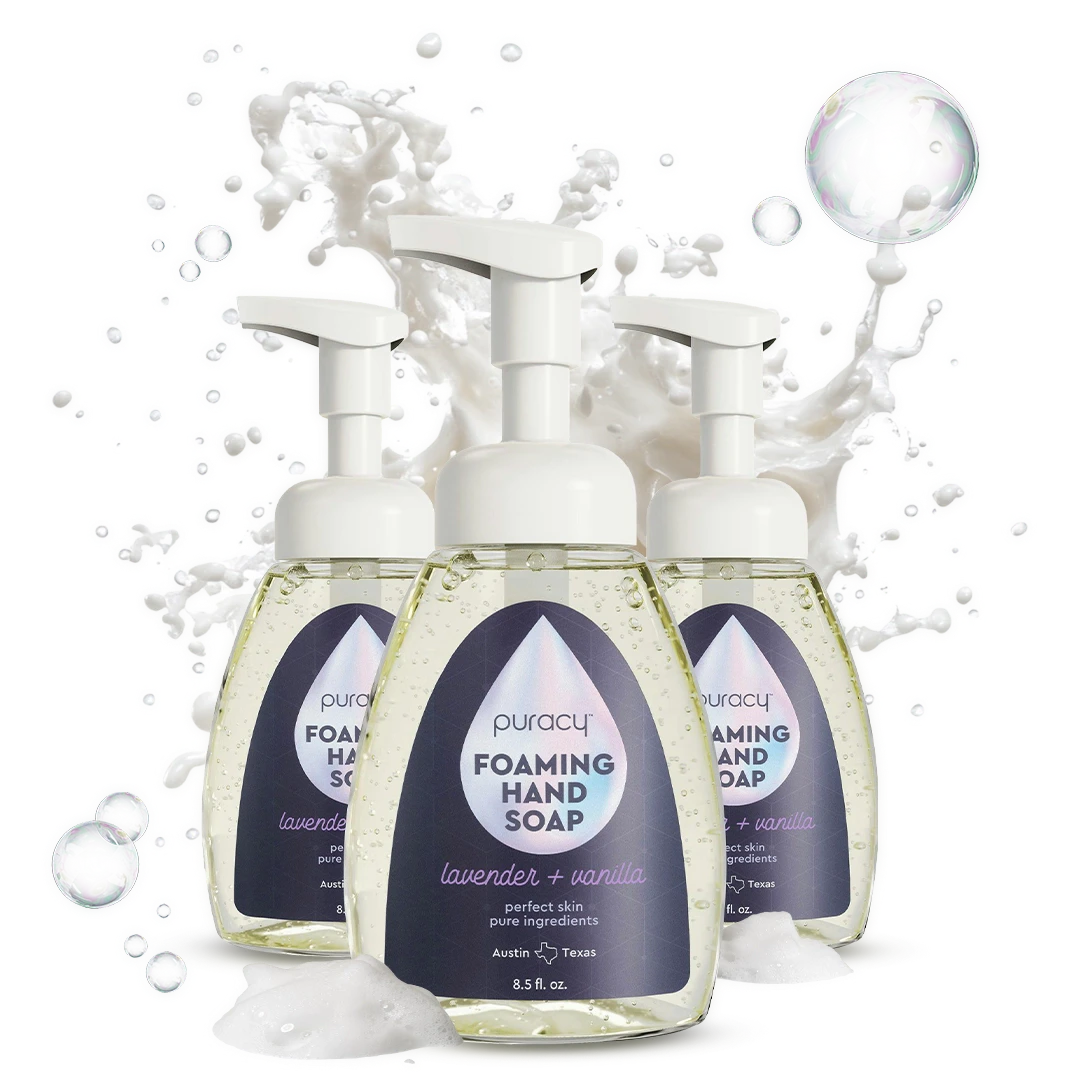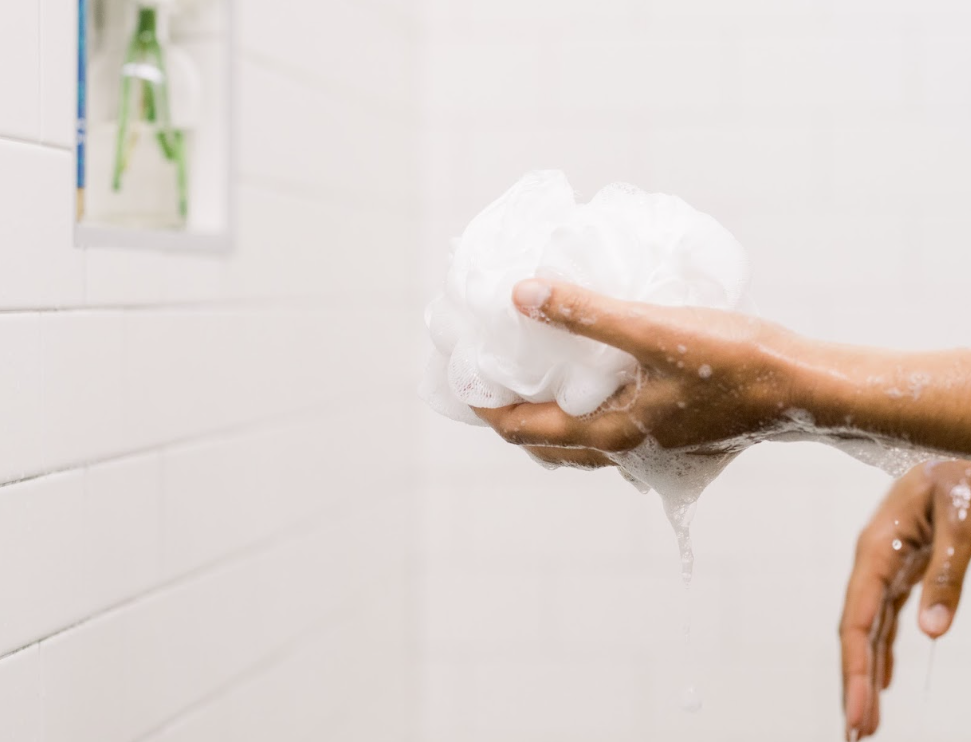
Can You Use Baby Powder as Dry Shampoo?
If you’re in a pinch when it comes to washing your hair, you may have wondered if baby powder could act as a good alternative to dry shampoo. Discover how baby powder can positively and negatively affect hair, as well which ingredients and formulas to avoid.
Can You Really Use Baby Powder as Dry Shampoo?

You can use baby powder to absorb excess oil, leaving your scalp less grimy. However, this should only be done very rarely or in emergencies, as baby powder can also irritate existing skin conditions and does not provide the same benefits as dry shampoo.
What is the Difference Between Dry Shampoo and Baby Powder?

When it comes to dry shampoo vs. baby powder, baby powder is often formulated with ingredients such as mineral oil, synthetic fragrances, and talc, which can be harmful to your scalp and hair. Baby powder is not formulated to be used on hair, and can often irritate conditions such as acne, alopecia, and seborrheic dermatitis.
How Does Baby Powder Affect Your Hair?

Discover the positive and negative effects baby powder can have on your scalp.
Benefits
- Gentler Ingredients
Since baby powder is formulated for babies, they usually do not contain potentially harmful ingredients that can be found in dry shampoo, such as butane, propane, isobutane, parabens and sulfates. However, always carefully read a label’s ingredients to ensure harmful chemicals and toxins are not present.
- Convenience
If you’re low on time when it comes to washing your hair and don’t have any dry shampoo on hand, baby powder can work in a pinch to absorb excessive oil. Just be sure to turn to this option very rarely, and even then, only use a very small amount.
Risks and Side Effects
- Effectiveness
Though baby powder can absorb some excess oil, it can also leave a noticeable white residue that is especially visible on darker hair colors. Those with finer or thinner hair may also notice a thick, cakey texture from baby powder when left on for too long.
- Safety
Baby powder isn’t formulated for those with scalp issues, such as dandruff or psoriasis, and excessive use can further irritate your scalp. Similarly, if you have dyed hair, avoid using baby powder, as some talcum powders can contain sulfur or artificial fragrance, which can negatively affect scalp health.
- Allergies
Those with talcum powder allergies should avoid talc-based baby powder, as symptoms can include itching, redness, swelling, and even respiratory issues.
- Aggravated Scalp Issues
If you have eczema, psoriasis, or hair loss, baby powder can further aggravate these conditions, as the product is not formulated to be used for scalps.
- Respiratory Issues
Baby powder that contains talc has been linked to lung problems, especially within young children, and overtime, regular exposure may lead to lung damage and even cancer.
Baby Powder Ingredients to Avoid

- Talcum Powder
Talcum powder can contain asbestos, a known toxin linked to cancer. Choose a corn starch and rice-based formula to avoid this ingredient.
- Synthetic Fragrances
Artificial fragrances can be hazardous to sensitive skin, triggering allergies, eczema, headaches, and more.
Dry Shampoo Ingredients to Avoid

- Alcohol Bases
Dry shampoos formulated with alcohols such as butane, propane and isobutane can irritate skin and trigger immunotoxicity issues and allergies.
- Parabens
Butylparaben is more likely to cause greater eye and skin redness, irritation, pain, and itchiness than other paraben types. Ingesting large doses of butylparaben was also found to irritate the GI tract.
- Sulfates
Sulfates can easily remove too much of the natural sebum on the scalp, causing flaking while making hair feel harsh and dry.
Choose a Dry Shampoo Formulated For All Hair Types Using Natural Ingredients

Though baby powder can be used in very rare instances to absorb excess oil, a dry shampoo is always the best option to keep hair healthy and nourished, while also providing volume and weightlessness. Our Natural Dry Shampoo features a benzene-free, hypoallergenic, microfine formula that balances sebum production and absorbs excess oil, without harsh chemicals or ingredients.
